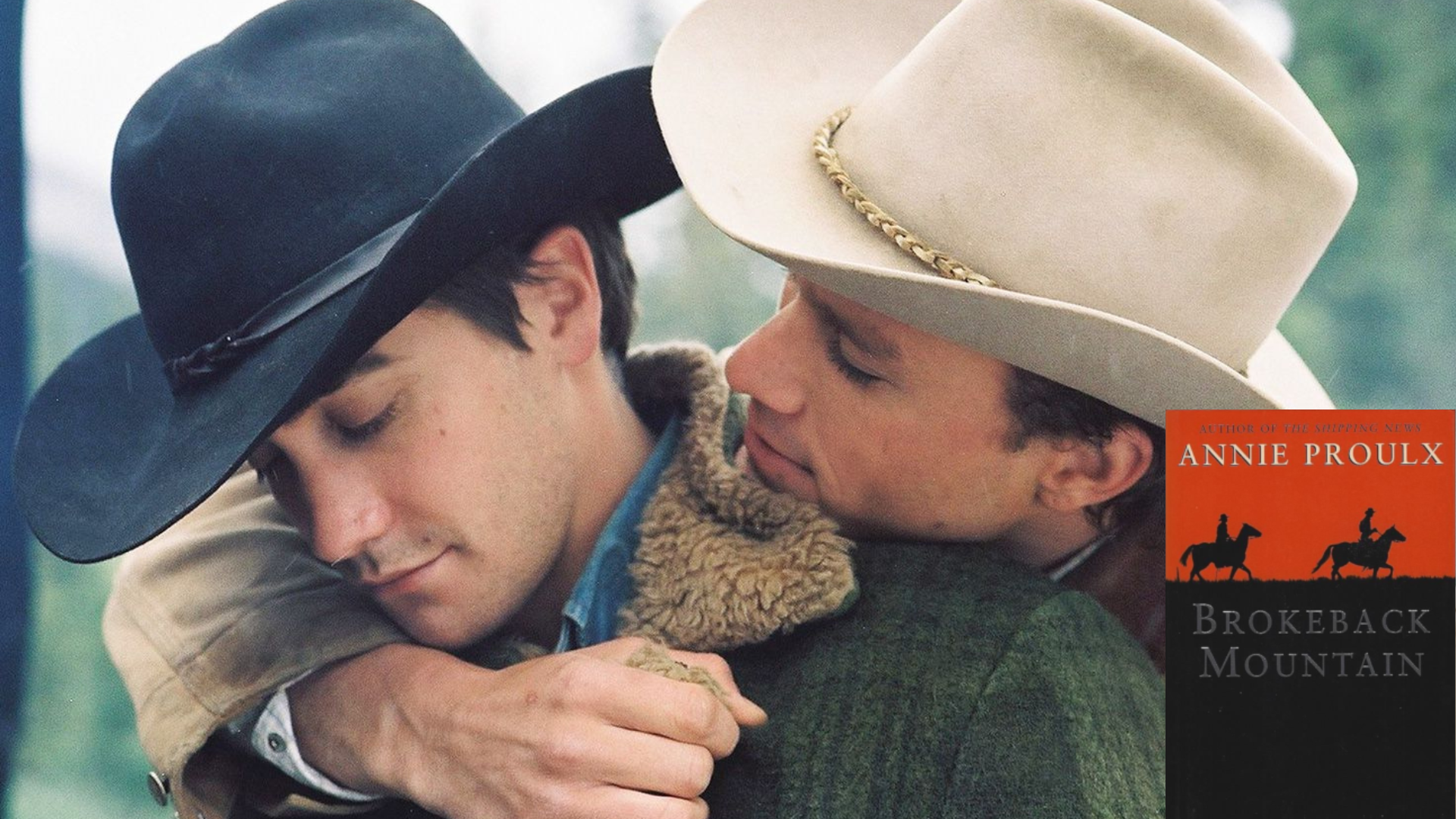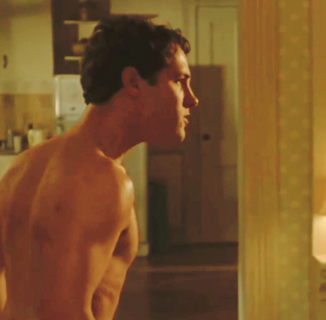On October 13th, 1997—exactly twenty-five years ago—The New Yorker published Brokeback Mountain, a short story by Pulitzer-winning writer Annie Proulx. “Brokeback Mountain” is a bittersweet love story about two cowboys; Jack Twist and Ennis del Mar. The story dutifully follows Jack and Ennis’s twenty-year relationship from when it blossomed during a ranching gig in 1963 at the fictional “Brokeback Mountain” range, to the duo reconnecting after four years with both men now married to women. Jack is married to “a cute little old Texas girl down in Childress” called Lureen and Ennis to Alma Beers. From there, we follow them through Ennis’s divorce and separation from his kids, down to the “fishing trips” that took them back to Brokeback Mountain, and finally to Jack’s death.
Annie Proulx’s mastery of American rural life shines through in “Brokeback Mountain”; the breathtaking mountain ranges, the undulating plains of Wyoming, and the ruggedness of American cowboy life leap off the pages. Most importantly, she introduced us to one of the most exquisitely written characters in literature: Jack Twist and Ennis del Mar.
The reader is first impressed by the similarities of the star-crossed lovers. Both Jack and Ennis “were raised on small, poor ranches in opposite corners of the state” and grew up to become roughened ranch hands in a culture where men are not encouraged to be vulnerable to each other, especially not in a romantic way. As the story progresses, we begin to see the parallels between the two. Ennis is reserved, less daring, scared, more grounded in reality. This manifests in his declaration that “there’s no reins” to their love affair and how it “scares the piss” out of him, his constant cold feet around having their “fishing trips” more frequently, and his dismissal of Jack’s plans for them to be together. Jack, on the other hand, is the dreamer who constantly lays out plans of him and Ennis living together in a ranch they’d own together. He’s also unashamed of wanting more, and constantly makes this known to Ennis. “How much is once in a while,” Jack asks. “Once in a while every four fuckin years?” For him, it’s not enough: “I can’t make it on a couple a’ high-altitude fucks once or twice a year.”
“Brokeback Mountain” represents a Utopia many queer folks dream of as we continue to navigate a deeply homophobic world.
The reason for these striking dissimilarities is not far-fetched. Jack and Ennis belong to different economic classes. Jack married into wealth and had the luxury of dreaming about setting up a ranch where they could live happily ever after. His are the kinds of dreams Ennis could not afford with his bare-subsistence level ranching gigs and child support payments.
Jack and Ennis are not remotely close to being perfect characters. They are deeply flawed. Their “fishing trips” mean they spent less time with their families. The reader is constantly made aware of their frustration with their heterosexual marriages. Ennis was also physically abusive towards Alma. On one of his monthly visits to see his daughters after their divorce, Alma confronted Ennis about “Jack Nasty.” He responds by twisting her wrists and threatening to make Alma’s new husband “eat the f*ckin’ floor” when she threatens to call for help. The emotional and physical abuse of the women in Jack and Ennis’s lives is a conscious exploration of how heterosexual women also bear the brunt of homophobia. And despite their stifled relationships with their spouses, Ennis and Jack love their children dearly.
Just like in the story, “Brokeback Mountain” represents a Utopia many queer folks dream of as we continue to navigate a deeply homophobic world. For those who do not have the luxury of dreaming, it represents a temporary safe space where they can disappear from the world just like Jack and Ennis.
The popular discourse around “Brokeback Mountain” concerns its ending. The story offers little to no hope in the end, after Jack dies and Ennis is left distraught with grief. In a 2009 interview with The Paris Review, Annie Proulx vented her frustration with fans sending her alternate, happier endings of the story. Proulx maintains that these fans “can’t understand that the story isn’t about Jack and Ennis” but rather about “homophobia;…a social situation;…a place and a particular mindset and morality.” Her position has still not changed in all these years, but this will not stop readers from reimagining happier endings for Jack and Ennis off the page.
“Brokeback Mountain” is a towering achievement. The story won the 1998 O. Henry Prize and National Magazine Award and was adapted into an award-winning movie in 2005 (famously starring Heath Ledger as Ennis Del Mar and Jake Gyllenhaal as Jack Twist.) The story established itself as an instant queer literary classic, and entrenched itself forever in queer pop culture. In a phone conversation with the Associated Press, published by The Advocate shortly after the movie’s theatrical release, Annie Proulx expressed that she hopes the movie will “start conversations and discussions, that it’s going to awaken in people an empathy for diversity, for each other and the larger world.”
To celebrate the silver jubilee of this bold, defying, and defining literary work, we say thank you to Annie Proulx for the gift of “Brokeback Mountain.”♦
Help make sure LGBTQ+ stories are being told...
We can't rely on mainstream media to tell our stories. That's why we don't lock our articles behind a paywall. Will you support our mission with a contribution today?
Cancel anytime · Proudly LGBTQ+ owned and operated
Read More in Entertainment
The Latest on INTO
Subscribe to get a twice-weekly dose of queer news, updates, and insights from the INTO team.
in Your Inbox















